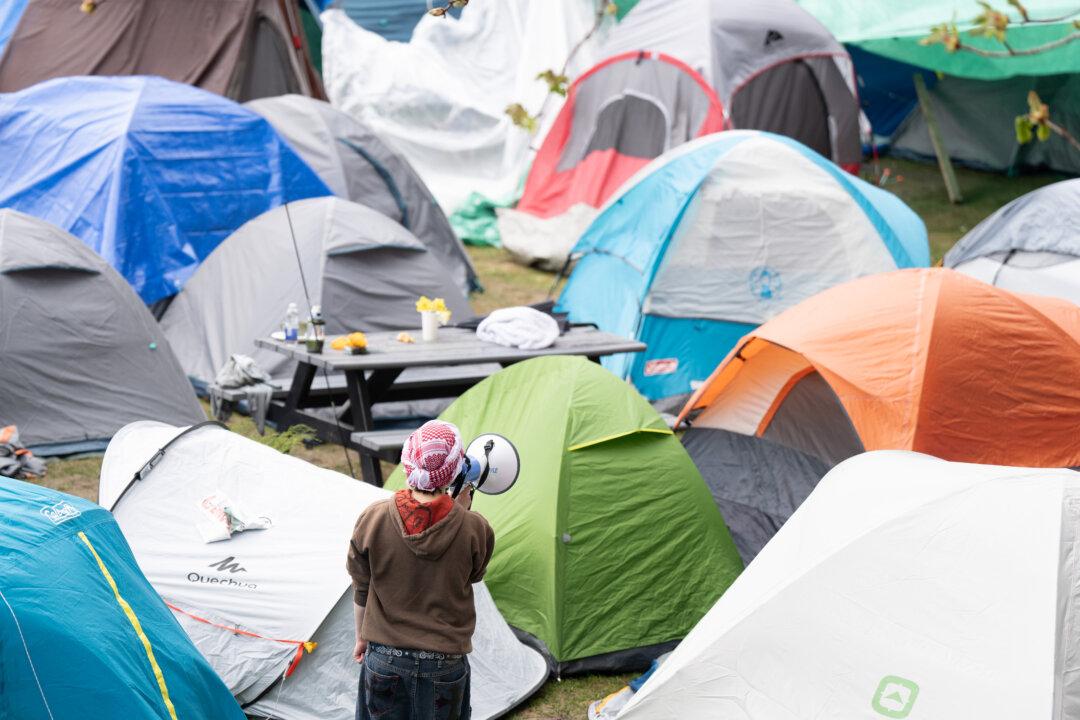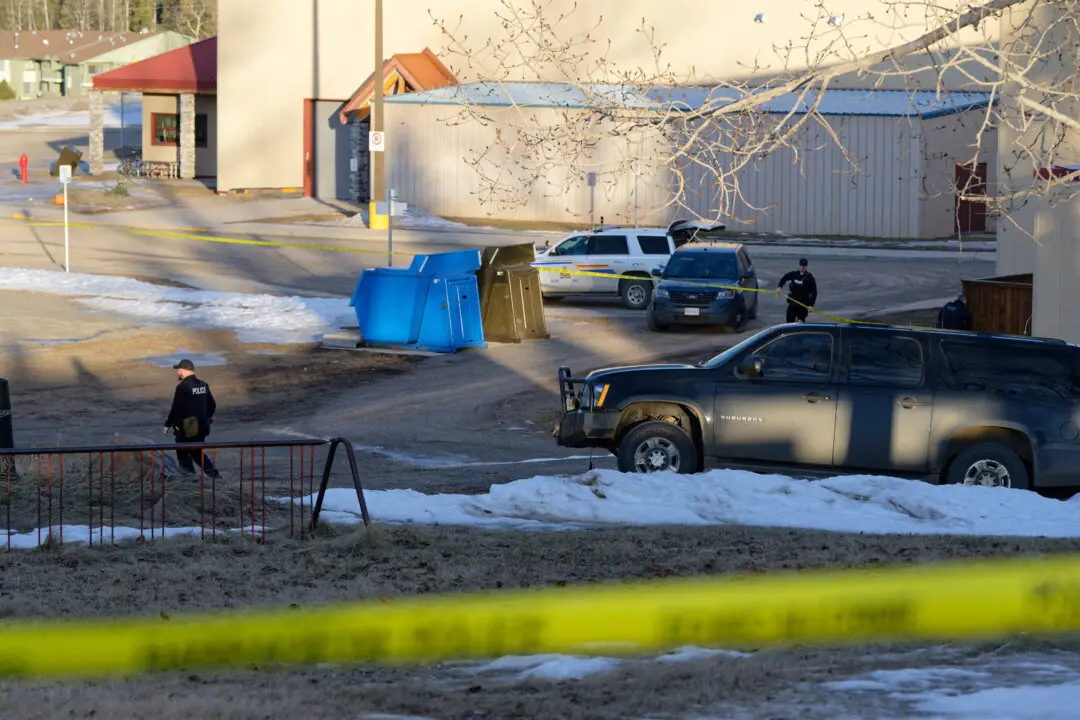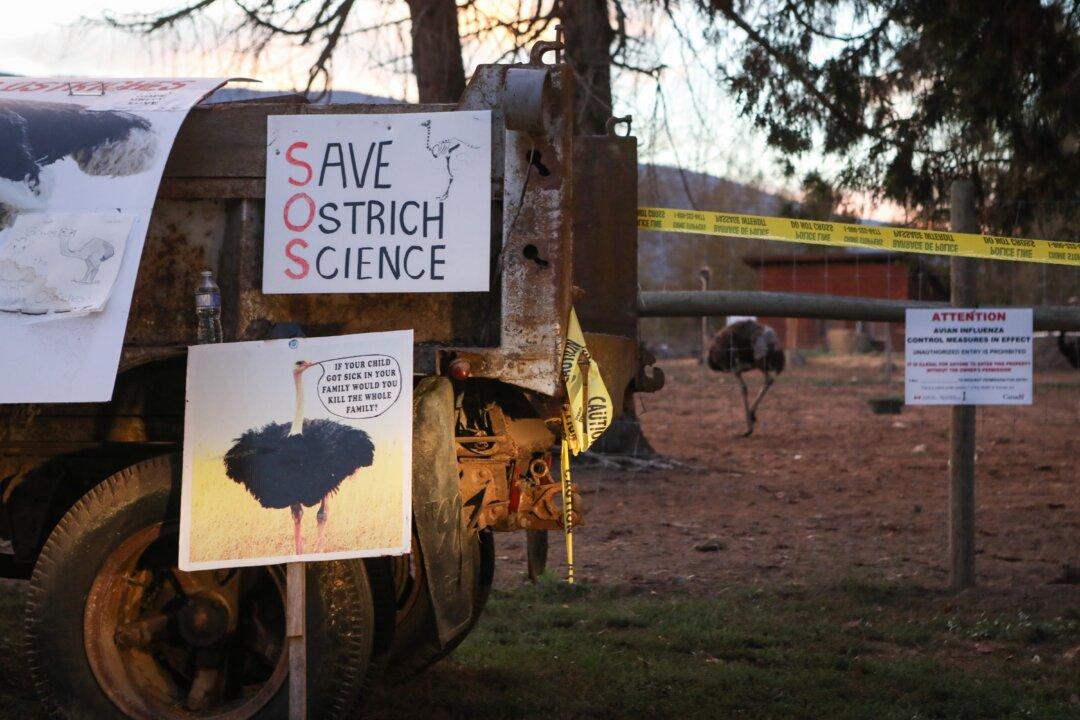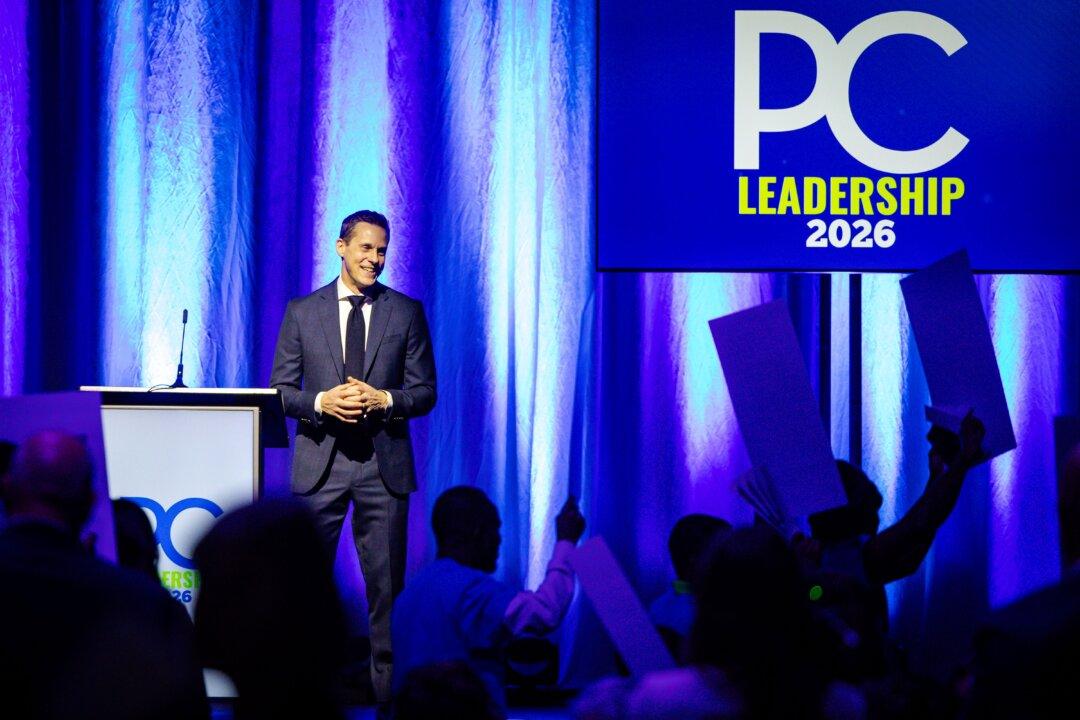McGill University is asking for police assistance to deal with pro-Palestinian demonstrators who have been encamped on the Montreal campus for four days. Demonstrations have also appeared at other Canadian universities, prompting the institutions to issues warnings against holding encampments.
The demonstrations are similar to ones being held on university campuses in the United States, calling for an end to the conflict in Israel and Gaza.





